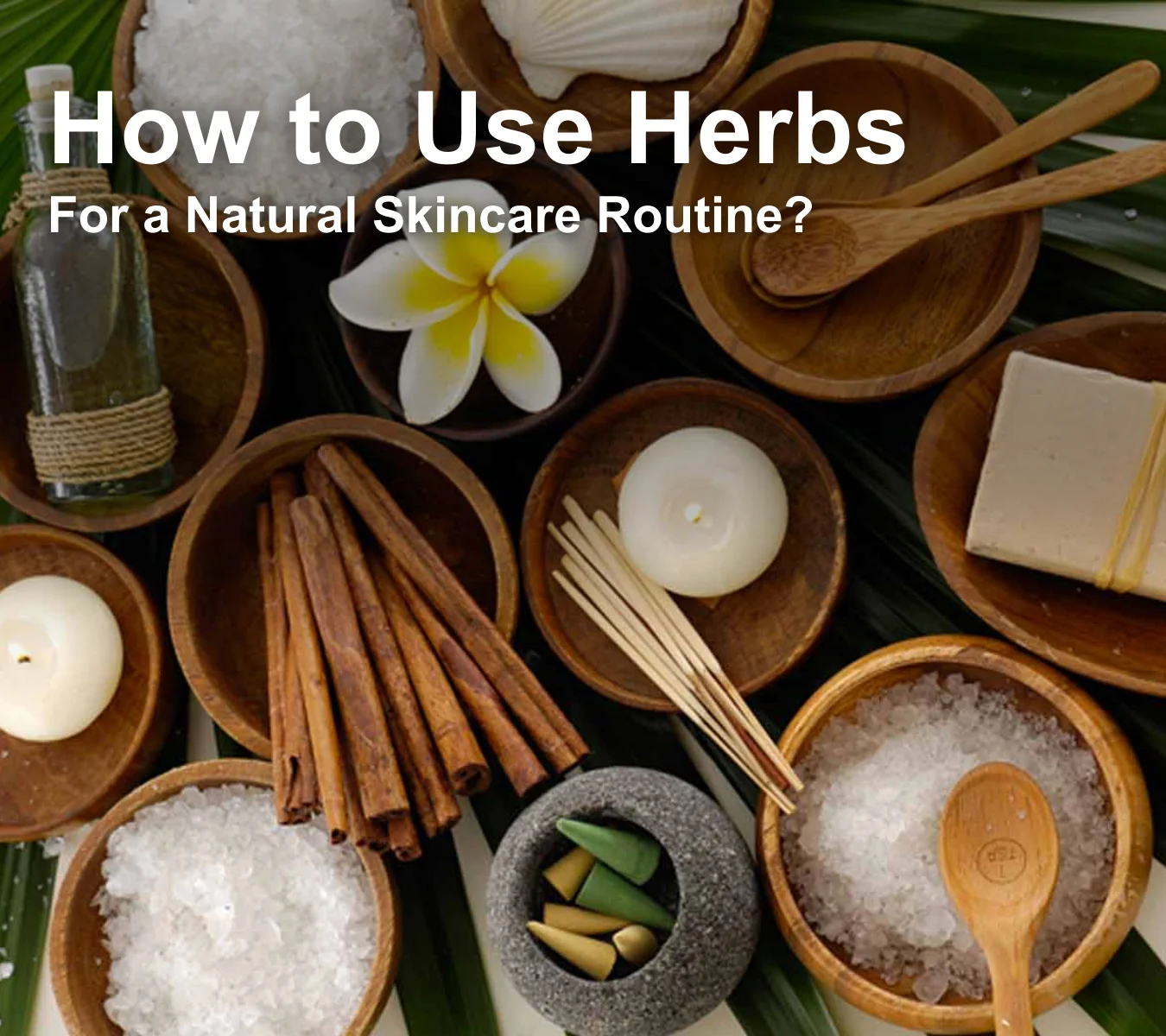1️⃣ Introduction
In recent years, many have turned to herbal remedies for natural skincare. This growing interest stems from the desire for products free from harsh chemicals and synthetic ingredients. Herbs, with their anti-inflammatory, antimicrobial, and antioxidant properties, have been used for centuries to heal and nourish the skin. From Cleopatra’s use of rose water to turmeric’s traditional use in Ayurvedic medicine, herbal skincare has deep roots. So, how can you incorporate herbs into your skincare routine for glowing, youthful skin? Let’s dive into the world of herbal skincare.
2️⃣ Health Benefits
Benefit 1: Natural Anti-Aging Properties
Many herbs are packed with antioxidants that fight free radicals—unstable molecules that can accelerate the aging process. Herbs like green tea, rosemary, and lavender contain potent antioxidants that protect the skin from environmental damage, reducing wrinkles and fine lines.
Benefit 2: Promotes Clear and Healthy Skin
Herbs like witch hazel, tea tree, and chamomile are known for their antibacterial and anti-inflammatory properties. They help reduce acne, eczema, and skin irritation, promoting smoother and clearer skin.
Benefit 3: Skin Hydration and Nourishment
Aloe vera, cucumber, and rosewater are hydrating herbs that soothe dry skin, providing moisture while replenishing essential nutrients. These herbs support the skin’s barrier function, helping maintain hydration levels throughout the day.
3️⃣ How to Use It Daily
Method 1: Herbal Teas and Infusions
Drinking herbal teas like green tea, chamomile, or mint not only has internal benefits but also works wonders for your skin. These herbs help detoxify your body, reducing inflammation and promoting clearer skin.
Method 2: Essential Oils and Face Masks
Use essential oils like tea tree oil, lavender oil, or rosemary oil for topical application. You can mix them with a carrier oil, such as coconut oil, to apply directly to blemishes or sensitive skin.
For face masks, you can create herbal blends using turmeric, aloe vera, and honey to combat acne or reduce redness.
Method 3: Toners and Spritzers
A simple rosewater or witch hazel toner can be a refreshing and soothing addition to your skincare routine. These toners can be spritzed onto your face throughout the day for instant hydration and a clean, glowing complexion.
Best Combinations:
- Aloe Vera + Turmeric: Anti-inflammatory and soothing for irritated skin.
- Rosewater + Lavender: Helps calm sensitive skin while providing moisture.
- Green Tea + Honey: For antioxidant-rich, anti-aging skin nourishment.
4️⃣ Side Effects & Precautions
While herbs are generally safe, some individuals may experience skin reactions or allergies. Always patch-test new products before use to ensure you aren’t allergic.
- Aloe Vera: Although rare, aloe vera may cause irritation in people with sensitive skin.
- Tea Tree Oil: Undiluted tea tree oil can be irritating; always use it with a carrier oil.
- Rosemary: Should be avoided by pregnant women or those with high blood pressure.
Safe Dosage Recommendations:
- Herbal Teas: 1–2 cups per day.
- Essential Oils: 1-2 drops per carrier oil for topical application.
- Face Masks and Toners: Use 2-3 times a week for optimal results.
Incorporating herbs into your skincare routine is an easy and effective way to enhance your natural beauty without the need for harsh chemicals. Whether through teas, face masks, or essential oils, there is a vast range of herbs that can nurture your skin and keep it glowing.
So, why not give these time-tested remedies a try? Remember, nature has provided us with all we need for beautiful, healthy skin.
👉 Explore more herbal remedies and take a holistic approach to skincare at Herbopedia.fyi!
